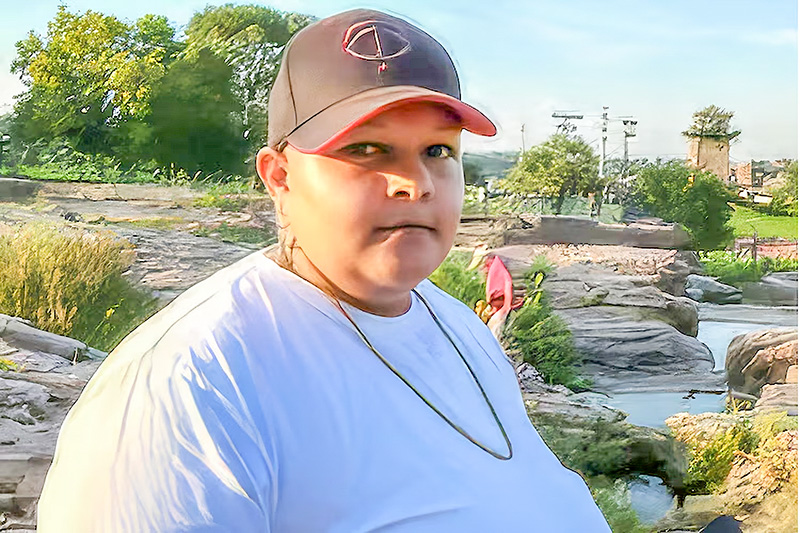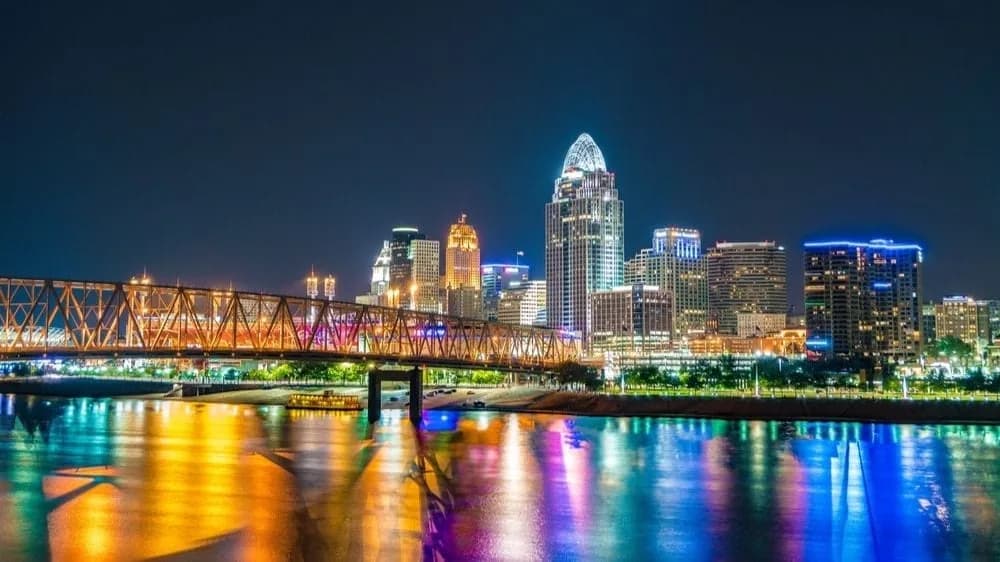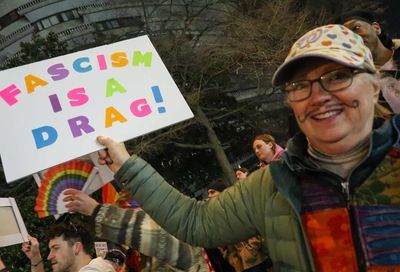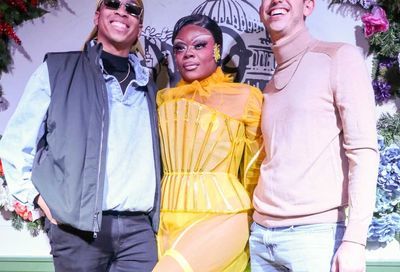Survey for Safety
Rainbow Response releases data in effort against partner violence
Washington is home to the mother lode of public and nonprofit entities that digest data, move society forward, and dole out funding for an infinite number of aims. The people who move in this realm know how to speak this language of grant proposals, data points and demographics. The people behind Rainbow Response, the local coalition formed to address intimate-partner violence (IPV) in the GLBT community, obviously fluent in this arena, have just released survey findings to help raise awareness around the issue, one the gay community is reluctant to shout about at pride festivals.
”There’s no official data being kept on IPV among the gay community in D.C.,” explains Amy Loudermilk, co-chair of the all-volunteer coalition, painfully familiar with the work through her day job as the policy and research specialist of the D.C. Coalition Against Domestic Violence (DCCADV). ”The [Washington Metropolitan Police Department] obviously documents statistics around IPV, but they don’t know whether it’s an LGBT case. We have no baseline of statistics, nowhere to start from, no basis of information to advocate from. This [survey] is key to filling the first part of our advocacy work.”
This initial survey from Rainbow Response, conducted in the summer and fall of 2008, surveyed 568 participants with questions about their identities, their own experiences with IPV, and their perceptions of legal landscape regarding same-sex or gender-variant instances of IPV.
While the survey largely reinforced the beliefs of those involved with Rainbow Response, many members say, there were various nuances that caught the attention of different people. With Loudermilk, for example, there was some surprise in finding that 37 percent of participants did not believe domestic-violence laws applied to same-sex couples as they would for heterosexual couples.
MPD Officer Joe Morquecho, who serves with the Gay and Lesbian Liaison Unit (GLLU), says the District has had a law on the books since 1992 that gives responding officers the same scope of authority with same-sex IPV calls as with opposite-sex calls. That means that if an officer suspects she is responding to a case of IPV, she may make an arrest, even if both parties insist otherwise.
Tom Buckley, who like Loudermilk serves on Rainbow Response’s Operations Committee, says he was surprised that revealing someone’s sexual orientation or HIV status was not used as a method of intimidation to as great a degree as he would’ve guessed.
”It looks like the community is getting more accepting of HIV, that it’s losing its grip on fear,” Buckley says. ”Those numbers were much lower than I expected. I would call that good news.”
Those numbers were, overall, 3 percent of respondents reporting being threatened with being outed as GLBT; 1 percent as HIV-positive.
While there were not many surprises, what was reinforced is bad enough, with 28 percent of respondents answering that they had been in an abusive relationship.
David Phillips, one of the participants who got the Rainbow Response ball rolling in the summer of 2007, says there are two primary purposes for this survey, as well as for other work the coalition does.
”It’s awareness: recognizing how [IPV] manifests itself in relationships, how subtle it can be,” he says. ”Moving beyond that awareness, it’s putting pressure on elected officials, folks in government, to create the funding, acknowledge the need for collecting the data. It’s too easy to say there isn’t a problem because you don’t have the data to back it up.”
Morquecho reckons that data may not be so easy to come by. At an April 2008 event on same-sex domestic violence, he told the audience that in 2006, 555 crimes were assigned to the GLLU, and that about 75 percent of those were domestic disturbances. While he offers a rough estimate that the proportion today may be closer to half, Morquecho says these are difficult figures to produce.
”Not everything that comes through will always be reported to the GLLU,” he says, adding that 37 different law-enforcement agencies — from U.S. Capitol Police to Metro Transit Police, for example — operate in the District. Further, he guesses that having officers look for indications of GLBT demographics on IPV calls may be more difficult than the check-off box used for bias crimes, offering familial relationships as an example of how such assessments could become confusing, potentially skewing data.
While there may be no clear path for finding better data on same-sex IPV in the future, there’s no arguing that this new Rainbow Response survey is a step toward helping to end some measure of physical and emotional violence in the local GLBT community.
”Members of the coalition are just really excited to have the data, to have something to share,” says June Crenshaw, Rainbow Response’s second co-chair. ”We know it’s a big problem. Our community is impacted just like everyone else’s. We’re extremely concerned that life issues — job losses, the economy — will escalate the violence. We won’t have enough services and we’re extremely concerned about that.”
Buckley, the principal writer of the survey report, agrees that this is an invaluable tool in furthering Rainbow Response’s mission.
”We can take this information and approach organizations already doing IPV work and say this is something they can use to help with funding, that the LGBT community needs the help as much as everyone else,” he says. ”We’re having trouble finding resources. There are some great organizations doing some of the work, but our resource list is pretty short.”
For 24-hour emergency response, call the Gay and Lesbian Liaison Unit at 1-877-495-5995. For help from the Gay and Lesbian National Hotline, call 1-888-843-4564.
Support Metro Weekly’s Journalism
These are challenging times for news organizations. And yet it’s crucial we stay active and provide vital resources and information to both our local readers and the world. So won’t you please take a moment and consider supporting Metro Weekly with a membership? For as little as $5 a month, you can help ensure Metro Weekly magazine and MetroWeekly.com remain free, viable resources as we provide the best, most diverse, culturally-resonant LGBTQ coverage in both the D.C. region and around the world. Memberships come with exclusive perks and discounts, your own personal digital delivery of each week’s magazine (and an archive), access to our Member's Lounge when it launches this fall, and exclusive members-only items like Metro Weekly Membership Mugs and Tote Bags! Check out all our membership levels here and please join us today!























